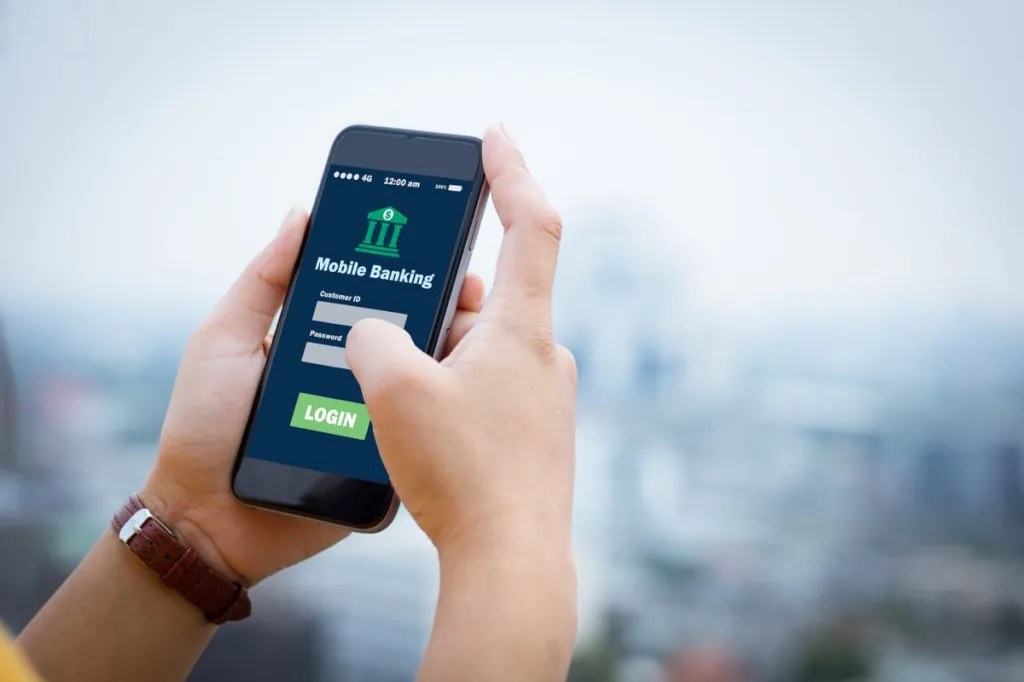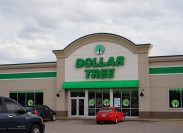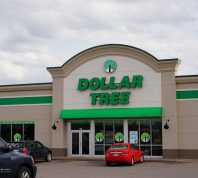Should You Switch to a High-Interest Savings Account? Here's What Experts Say
There are a few things you should know before you move your money into one.

Whether you're stashing away funds for retirement or simply looking for a new way to stockpile some cash, opening a high-interest savings account can be an appealing option. By its very definition, the unique financial offering can allow you to grow your money faster than a traditional account over time without having to do any extra work. But before you decide to move your funds into one, it can be helpful to get the full picture of what they can entail. Read on for the risks and benefits of switching to a high-interest savings account, according to financial experts.
READ THIS NEXT: Never Use Your Credit Card for These 6 Purchases, According to Financial Experts.
Should You Switch to a High-Interest Savings Account?
1. You might have to keep a high minimum amount to reap the benefits.

Besides what they plan on contributing to it, most people open a high-interest savings account in hopes of watching it grow faster over time thanks to the special rate. However, you might want to double-check if you'll need a considerable chunk of change to see any benefits to begin with.
"When switching to a high-interest savings account, maintaining the required balance to receive the high-interest rate may be challenging for some," Annette Harris, founder of Harris Financial Coaching, tells Best Life. "For example, the account may require that you maintain a balance of $25,000 to receive the high-interest rate. If you drop below that balance, then your interest rate will too."
"In addition, getting to the next tier interest rate may be a challenge," she adds. "It may require a substantial deposit to receive an additional percentage point or two. Because of this, it's important to consider if other savings or investment options would be more beneficial."
2. It could be one of the safest investments you can make with your cash.

Any financial decision comes with potential risks and rewards, making it difficult to assess what's best for you. But experts say that high-interest savings accounts provide one of the relatively safest ways to park cash.
"Moving your emergency savings into a higher yielding online savings account is the only free lunch in finance," says Greg McBride, chief financial analyst at Bankrate.com. "You get additional return and don't have to take risk to get it."
In many instances, you can see many of the same benefits of a traditional savings account—only better. "Your money is protected by federal deposit insurance [FDIC], the account can be linked to your current bank for easy transfers back and forth, and the best yields are in the 4.5 to 5 percent neighborhood, compared to the average savings account that pays 0.23 percent," McBride explains.
READ THIS NEXT: 4 Warnings About Using TurboTax, According to Experts.
3. You might get charged for taking money out too often.

Ideally, any money going into your savings account won't be accessed unless it's an emergency situation or you're paying towards an ultimate goal such as retirement. But depending on the terms of your arrangement, pulling from a high-interest account can come with costly penalties.
"Check any withdrawal conditions attached to the account," says Alex King, certified public accountant and founder of Generation Money. "You'll often get penalized for withdrawing cash frequently from high-yield savings accounts, potentially even losing the interest earned."
4. You might not be able to access your cash quickly.

For many, savings accounts can be a helpful resource when a sudden emergency or unexpected necessary expense calls for more money than your budget can handle. Unfortunately, some experts warn that high-interest account holders might not always be able to get their money as quickly as they need to.
"It can sometimes be a little more time-consuming to access your cash," says Robert Farrington, founder and CEO of The College Investor. "And since many of these banks are online, you'll have to transfer your funds to another bank to access it as hard currency in some cases."
However, this still doesn't necessarily make them the worst investment option. "Despite potential penalties on your withdrawals, it's still relatively easy to access your money compared to investments tied up in property or other illiquid assets," says King.
For more financial advice delivered straight to your inbox, sign up for our daily newsletter.
5. It might not be the most lucrative place to store your cash.

No matter what your financial situation may be, high-interest savings accounts provide a relatively risk-free way to make money on the cash you've got on hand. But if you're in a position to think long-term, there's a chance you might get more out of your money by being strategic with at least some of the funds.
"You could get a higher return on your money by investing instead, although this comes with greater risk," says King. "With rates rising, though, the return on high-interest savings accounts is becoming more competitive compared to stock market returns."
Best Life offers the most up-to-date financial information from top experts and the latest news and research, but our content is not meant to be a substitute for professional guidance. When it comes to the money you're spending, saving, or investing, always consult your financial advisor directly.





















